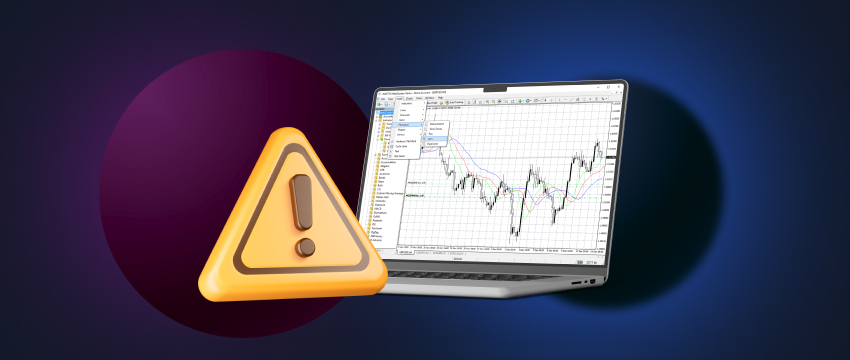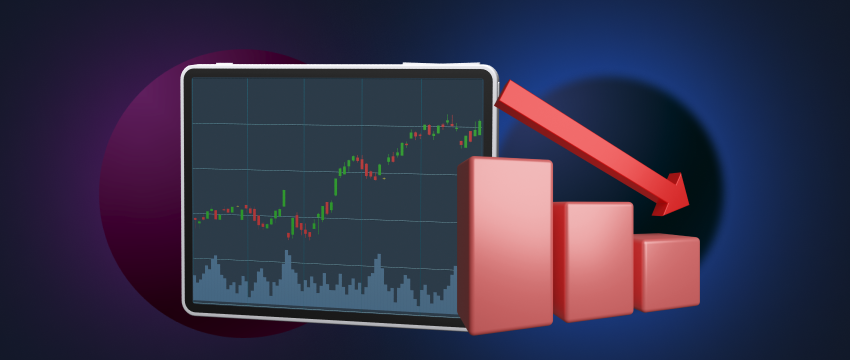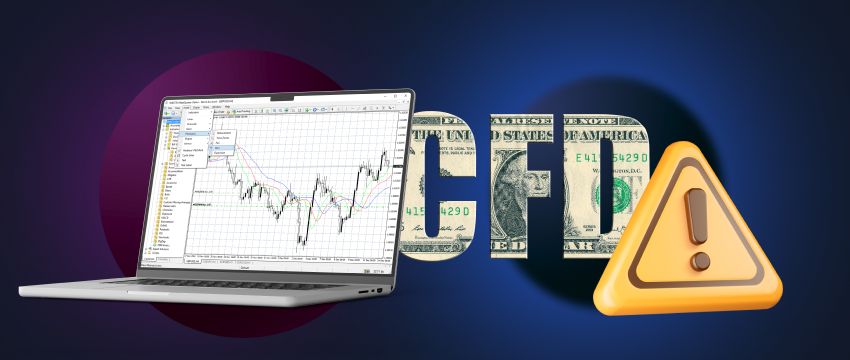While a popular and often rewarding market, people may consider CFD trading difficult for valid reasons. It’s fraught with volatility and can lead to substantial losses if not properly managed. It also requires a combination of financial knowledge, technical skills, risk tolerance, and a robust trading psychology. To increase one’s chances of success.
But let’s discuss some of the reasons that make CFD trading so hard for some traders.

Typically, traders leverage CFDs to a high degree.
For one, CFDs are typically highly leveraged. Essentially, a trader will borrow money from a broker to open larger positions. This occurs when a trader has a smaller amount of capital available. Also, want to earn higher returns despite their account balance. Leverage is appealing in that it can amplify profits exponentially should a trade be successful. However, by the same token, leverage can also result in a huge loss of money. If a trade moves into an unfavorable position. The challenge lies in knowing how to handle leverage in a way. That doesn’t see the trader lose all their money.
This requires constant vigilance of the market and price movements. As well as the use of effective risk management to safeguard funds. Some of the most popular risk management tools used in CFD trading are stop-loss and take-profit orders. Traders also utilize trailing stops and guaranteed stops, which are typically triggered when an asset reaches a particular price or threshold. They are designed to reduce the risk of large losses in a particular position.
Navigate to market volatility
This leads us to our next point: the ability to navigate market volatility. Let’s not forget that in CFD trading, the trader is speculating on the change in value of the CFD’s underlying asset. In other words, the trader is predicting sorts in the direction that the asset’s price will take, be this up or down. Underlying assets vary from CFD to CFD, giving the trader access to a wide variety of financial markets. Managing the complexities and volatilities of each market can be a challenge, hard in fact, especially for beginner traders.
This creates an understanding of the factors that impact these incredibly important markets. These include central bank announcements, economic releases, market and investor sentiment, interest and inflation rates, etc. Beyond understanding how these factors influence the markets, a trader must also monitor them vigilantly. This requires following the news and using an economic calendar to track events and indicators to better plan one’s CFD trades.
Technical and Fundamental Analysis
This takes us to learning more about technical and fundamental analysis. People may consider CFD trading challenging because thorough analysis is crucial for making informed trading decisions. Not everyone is adept at analysing data but it is an essential skill to acquire in the course of CFD trading.
But what exactly does technical or fundamental analysis entail? Well, as far as technical analysis is concerned, a trader will learn how to read and assess price charts to be able to spot specific patterns or market trends. They will do this using technical indicators typically made available by the trading platform they opt for. In contrast, fundamental analysis looks at the intrinsic value of the specific underlying asset.

Financial statements
Traders will typically pour over financial statements, earnings reports, and other qualitative and quantitative data. Both forms of analysis are important and have a role to play in the execution of trades. However, fundamental analysis is probably most useful for long-term investments whereas technical analysis serves as a critical tool for making quick decisions about a trade, particularly important in CFD trading where speed is paramount.
Trading émotionnel
Following on from analysis is the focus on emotional trading. CFD trading is fast-moving. Decisions need to be made within minutes, if not seconds. It’s hardly surprising then that CFD has earned somewhat of a reputation for being hard. Being in your A-game 24/7 can be incredibly stressful and taxing on one’s overall psychology.
Having the ability to think fast to respond to unexpected market movements or price fluctuations in a profitable way doesn’t come easy to everyone. Emotional trading is usually driven by feelings of fear, anxiety, and impulsive thinking. Even greed and knowing how to manage those emotions are key to mitigating adverse trading outcomes.
But how does one do this? How does a CFD trader develop a more robust trading psychology to cope with the ups and downs of CFD trading?
- Be mindful that your emotions are half the battle. Once you can recognize your triggers, it becomes easier to learn how to manage them.
- Keep a diary. Or, in the context of CFD trading, keep a trading journal. Record your trades. Make a note of how you reached particular trading decisions. Over time you’ll have a historical record of the behaviours you exhibited, allowing you to make changes where necessary.
- Don’t overtrade. FOMO (fear of missing out) is a thing, don’t make it the reason for you losing your money. Trade is based on proper analysis and education. But take a break when necessary. Burnout can lead to irrational behavior. Step away from your screen, take a breather, and come back to trading once you’re in the proper headspace.
Another aspect of CFD trading that may be considered hard is the need for continuous learning.
Continuous Learning
Financial markets evolve, which requires CFD traders to stay informed and continuously update their knowledge and skills. Ongoing learning can take on many forms, be this blogs, e-books, guides, or videos, most of which are available online and many free to access. Other popular forms of educating oneself include podcasts, webinars, and seminars.
There are also a variety of online community forums that exist, in which global traders come together to engage, exchange ideas, strategies, and tips, etc. Complimenting these resources is a demo trading account. By signing up for a demo account, you’ll gain access to a simulated trading environment in which you can practice trading using virtual funds.
You’ll be able to learn more about real-life market conditions, discover how to use technical and fundamental analysis and gain a better idea of what live trading will look like without putting your own money at risk. In summary, by equipping yourself with up-to-date insights, information, and practical expertise, you’ll increase the likelihood of being able to better handle stressful moments in CFD trading, and make decisions based on knowledge rather than feelings or guesswork.
Regardless of how hard CFD trading is, remember that planning is crucial. So before jumping into CFD trading, ensure you build a trading plan that is best suited to where you’re at in your trading journey. The plan should also align with your specific trading and educational goals, as well as your budget and how much risk you’re willing to handle. Ensure you incorporate optimal risk management techniques to safeguard your funds and to trade sensibly and rationally, not impulsively.

Trade with confidence with T4Trade
T4Trade is a powerful broker that seeks to make CFD trading an optimal experience for its traders. It does this through its delivery of a top-tier service offering comprising quick execution of trades, competitive spreads, fast withdrawals and/or deposits, and flexible leverage. A helpful multilingual customer support team is available 24/5 to complement this and provide assistance whenever needed.
T4Trade also offers a range of trading accounts, catering to the needs of different traders, regardless of experience. Further, T4Trade Academy offers traders many essential resources to learn more about CFD trading, helping you widen your scope of knowledge and boost your skills and capabilities.
Clause de non-responsabilité: Ces informations ne doivent pas être considérées comme un conseil ou une recommandation d'investissement, mais uniquement comme une communication marketing




